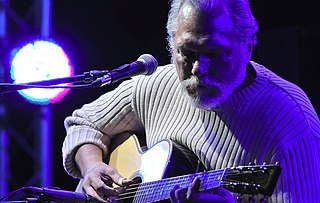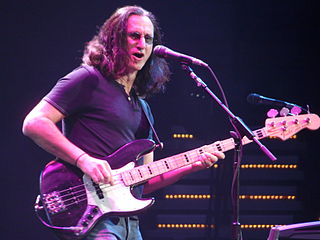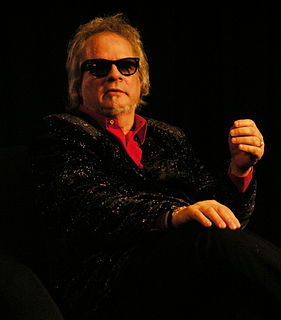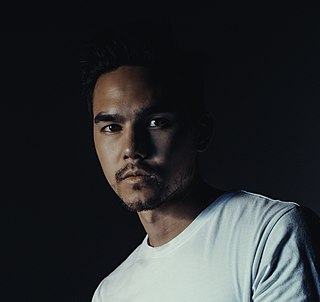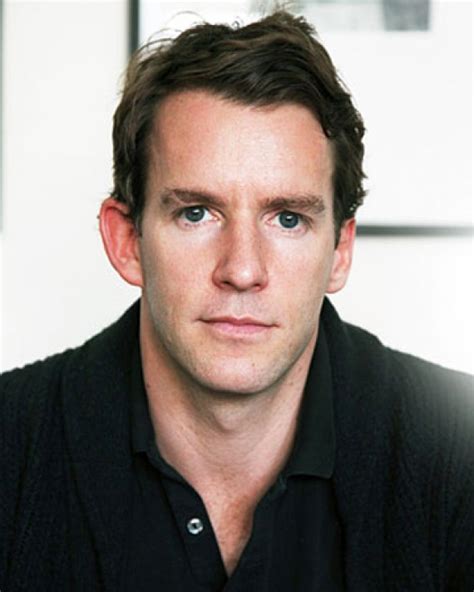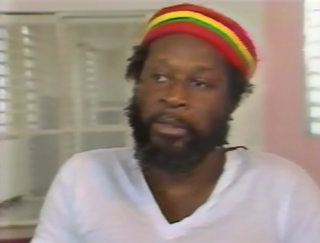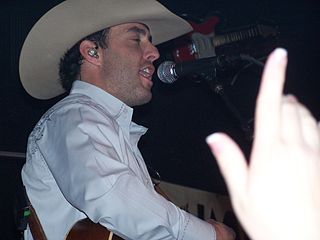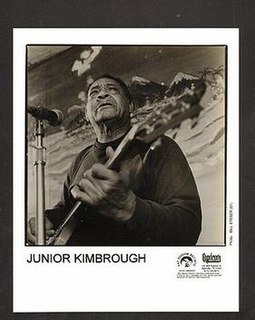A Quote by Jorma Kaukonen
We were on a tour, and there were some chord formations that were tough for me to play when I was a kid...it had become apparent that there was some stuff I wanted to do that [would require me] to learn how to do that. So I wrote the song and used some of these chord formations so I would have to play them. I thought it would be a great teaching vehicle for a while, and it was, but it ended up as a performance song.
Related Quotes
I grew up in the time just when cassettes were waning and CDs were growing. And so mix tapes - and not mix CDs - mix tapes were an important part of the friendship and mating rituals of New York adolescents. If you were a girl and I wanted you - to show you I like you, I would make you a 90-minute cassette wherein I would show off my tastes. I would play you a musical theater song next to a hip-hop song next to an oldie next to some pop song you maybe never heard, also subliminally telling you how much I like you with all these songs.
The very funny thing about "Like A Rolling Stone" is it was a six minute song, there was no music to read from. And there I was playing this unfamiliar instrument. So I would come in on the upbeat of one. I would wait until the band played the chord, and then as quickly as I could come in play the chord.
My pacifism came after I joined the army and was shipped over to Korea. There was a little one-room orphanage there called Song-do. There were 180 babies in there, and they were GI babies. The U.S. government would not acknowledge this, and the Korean government had nothing to do with them. They were living on a 100-pound bag of rice a month. Some of those kids, when they were old enough, would go out and shine shoes. They would show up at the gate of our compound to shine shoes, and you'd swear they were looking for their fathers.
What kind of motivated me to join the Black Panther Party was that I, along with some of the comrades that I was working with in New York, had heard about the Black Panther Party, and they were doing things that we wanted to do in New York, and we thought that would be a better vehicle than the vehicle that we had going on in New York. They were better organized, and they already had their Ten-Point Platform and Program, and people already heard about them. So we decided that we would join the party, when given a chance.
I wouldn't want someone assuming that some negative song has some truth between me and my wife. There was a song that one of my buddies sent me, and it was an awesome song. It was about this woman who had fallen in love with a man that wasn't her husband, and I love everything about the song except for the fact that I personally cannot sing it. It would kill me if someone thought I was singing it about my wife.
I was probably 16.I played - I tried to play these songs that I had written. And, this was a common theme when I was younger: I would write a song about somebody, and they would come to my show. I wouldn't be able to play the whole thing, because, there would be some giant, loaded secret coming up in like, the third verse, or something.
Some of my educated Filipino friends were aspiring poets, but their aspirations were all in the direction of the United States. They had no desire to learn from the bardic tradition that continued in the barrios. Their ideal would have been to write something that would get them to Iowa, where they would study creative writing.
There are some authors who contend that meanings and values are "nothing but defense mechanisms, reaction formations and sublimations." But as for myself, I would not be willing to live merely for the sake of my "defense mechanisms," nor would I be ready to die merely for the sake of my "reaction formations.
